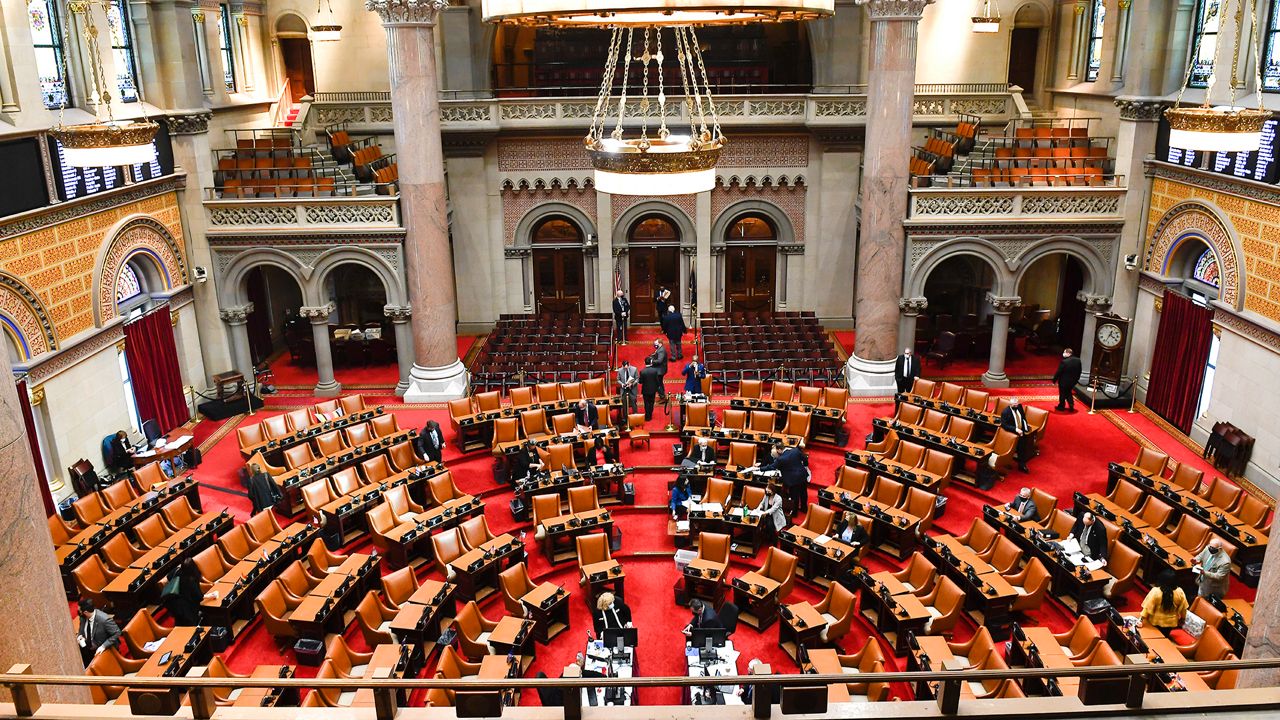Limits to the amount of money state legislators can earn outside of their jobs as elected officials are falling short, a government watchdog organization warned this week as the Legislature began its 2023 session.
Outside income for state lawmakers in what has been considered a technically part-time Legislature has long been a thorny issue, and some lawmakers have criticized the new restrictions as potentially unconstitutional.
New York lawmakers this year are receiving a $32,000 pay raise with their salary reaching $142,000 under a measure approved last month and signed into law by Gov. Kathy Hochul. The new law places restrictions on the amount of money lawmakers can earn outside of their government work.
Lawmakers' outside income is capped at 25% of their government salaries. There are exceptions for income from family businesses and no ban on income from sources that have fiduciary relationships with the state government.
Restrictions on outside income will take effect in 2025.
In a statement, the group Reinvent Albany pointed to stronger provisions contained in a legislative pay commission recommendation issued in 2018. The new law leaves too many loopholes, the group argued.
The commission, which faced multiple legal challenges, initially recommended a 15% cap on outside income, banned income from sources with financial interests before the state and limited stipends for legislators.
"The bottom line is that the law giving the legislature a huge pay raise includes very weak controls on conflict of interest and leaves massive loopholes for 'family businesses' and fiduciary business relationships that invite pay-to-play," Reinvent Albany said.
Outside income has long been scrutinized by good-government groups in New York as a generator of public corruption. In recent years lawmakers have been required to disclose more information on how much they earn, those sources and their business clients.
But some lawmakers have chaffed at the changes. Assemblyman Phil Steck, a Democrat who represents Albany, in an interview last month noted none of his law clients have business before the state.
Members from both parties have also questioned the constitutionality of limiting outside pay. More broadly, lawmakers have argued the Legislature was also envisioned as a citizen-run body stocked with New Yorkers with real-world experiences in the private sector.
"A lot of people who talk piously about this ban on outside income have wealthy spouses or come from wealth," Steck said.



